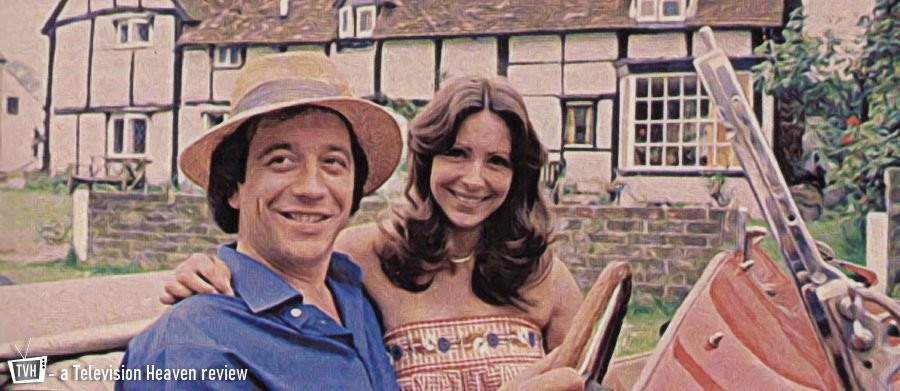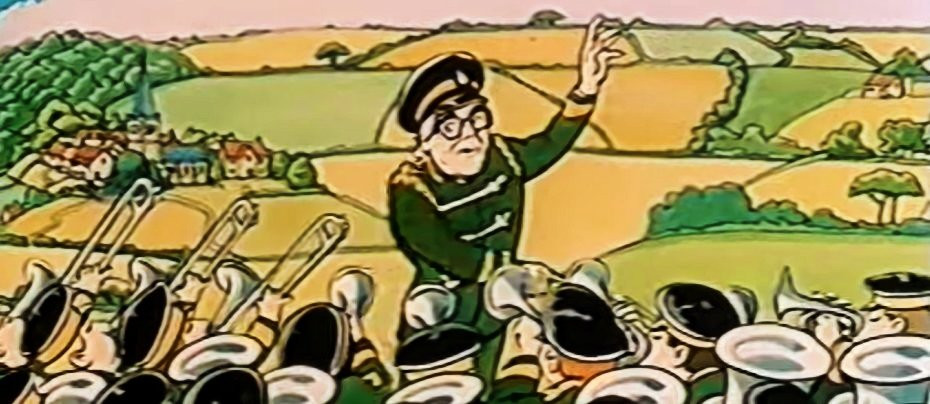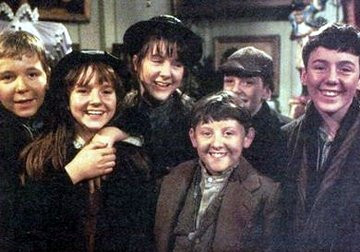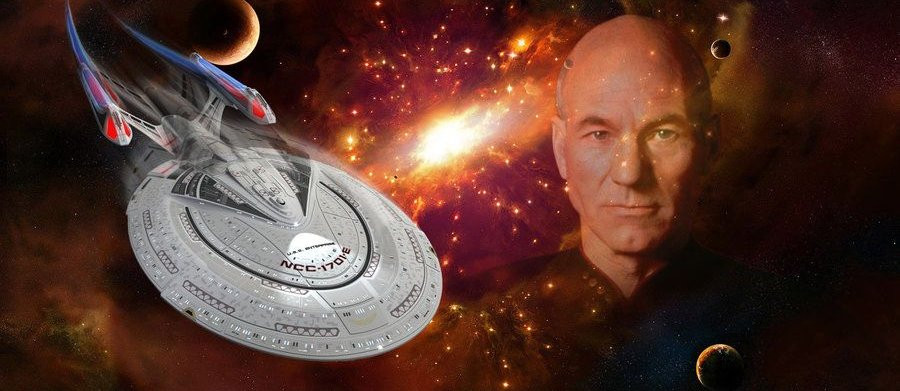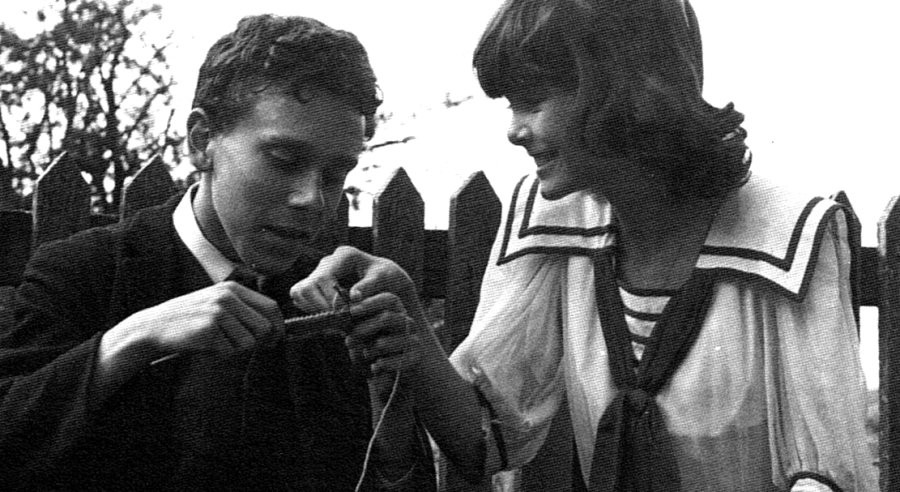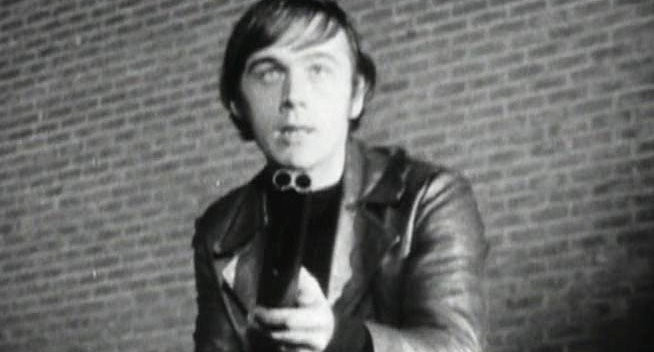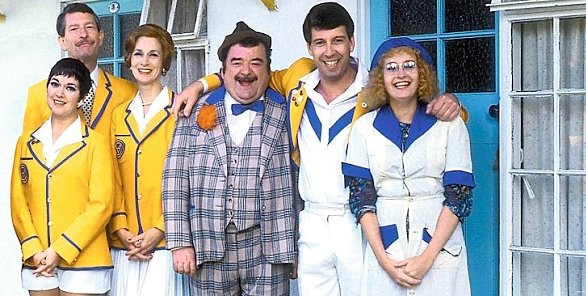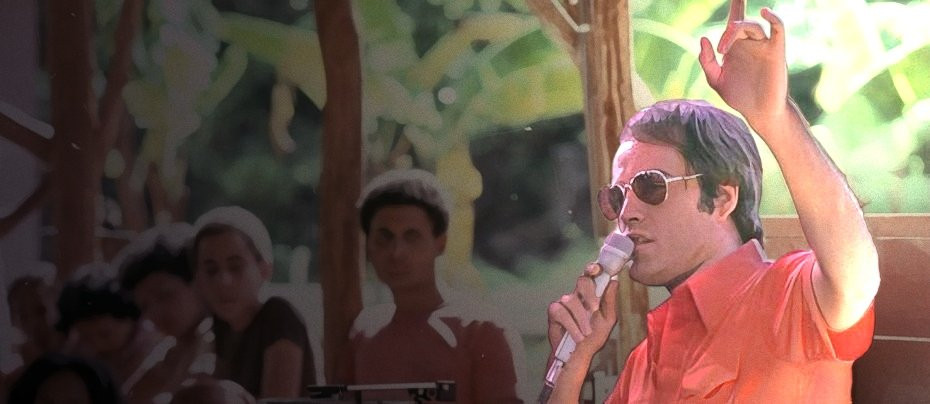
Guyana Tragedy: The Story of Jim Jones
1980 - United StatesWhatever its shortcomings as history, the miniseries is compelling drama thanks to a mesmeric leading performance by the aptly named Powers Boothe
This review of Guyana Tragedy: The Story of Jim Jones is by John Winterson Richards
Fact checking this review of Guyana Tragedy: The Story of Jim Jones is a disconcerting experience. As well as the feeling of shock that such things could, and did, happen in the modern world, one realises that the two-part miniseries, broadcast less than two years after the eponymous tragedy, is a genuine case of "some of the events have been fictionalised to make them more believable."
In November, 1978, immediately following the murder of a visiting United States Congressman and four other people by his armed enforcers, Jim Jones, the leader of a politico-religious cult that had set up a commune in Guyana, modestly named "Jonestown," ordered over nine hundred of his followers there to commit suicide. He told them to drink a specially prepared cocktail of the non-alcoholic beverage "Flavor Aid" - not its better known competitor "Kool Aid" as is usually said - laced with cyanide and other poisons. Most of them did. While some were obviously reluctant, others were positively eager, as evidenced by an audio recording of the proceedings, known as "the Death Tape," made at the time. It is a classic example of the astonishing power of social conformity. Just under a third of those who died were children.
It might therefore be thought tasteless to try to dramatise this so soon afterwards, but that has never stopped Hollywood, and it might be argued that the script represents an honest attempt to understand what happened, even if it leaves out much that is essential to that end.
Whatever its shortcomings as history, the miniseries is compelling drama thanks to a mesmeric leading performance by the aptly named Powers Boothe, an intelligent and versatile actor of great presence who really deserves greater appreciation (he tended to get typecast as villains). One sees why vulnerable people were drawn to such a strong personality as moths to a candle.
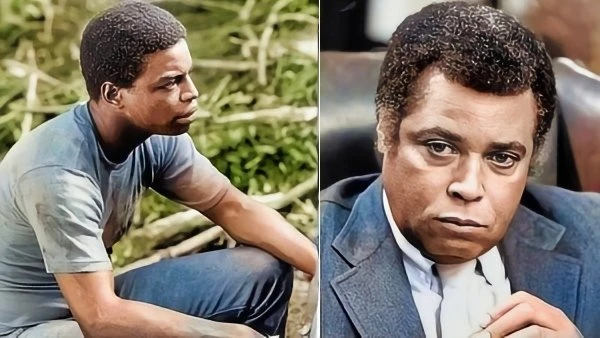
A very strong supporting cast includes LeVar Burton (Roots, Star Trek: The Next Generation), Brad Dourif, Randy Quaid, Meg Foster, Rosalind Cash, Albert Hall, Brenda Vaccaro, Irene Cara, Linda Haynes, Diana Scarwid, and, superb as Jones' abused but complicit wife, Veronica Cartwright among the moths.
Ed Lauter and Diane Ladd are typically convincing as Jones' appalling parents, who might explain a lot about why he ended up as he did, while Colleen Dewhurst is the well meaning religious lady who provides him with the little positive affirmation he got in his difficult childhood and introduces him to Evangelical Christianity. Ron O'Neal is an official representing the dodgy government in Guyana which, due to their shared ideology, gave Jones more encouragement than they should have done. Remember, all this actually happened.
The always watchable Ned Beatty shares little physical resemblance with the swashbuckling Congressman Leo Ryan, but presents an appropriately respectful portrait of that great rarity, a politician who gave his life trying to protect his constituents.
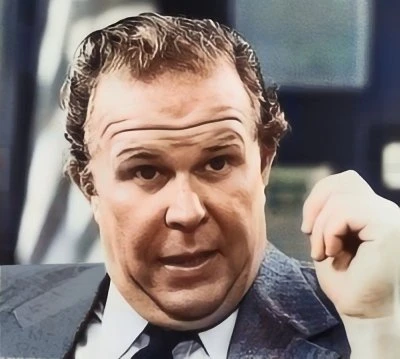
Although the magnificent James Earl Jones was given a very high profile in publicity for the miniseries, he only has one very short scene as another cult leader who seems to have been a role model for Jim Jones. It is nevertheless a pivotal moment - as well as predictably well played by JEJ, who seems to have expanded on his characterisation here when he played another cult leader in Conan the Barbarian a couple of years later. Until this meeting, Jim Jones is portrayed as a well meaning, if slightly odd, liberal preacher, but this is where his downfall begins, at least according to the miniseries' traditional "power corrupts" theme.
Everything we have since learned about Jim Jones suggests that this is not the case, that he always had a psychotic streak, and it is highly probable that he was never a Christian at all. It seems more likely that his early interest in religion gave him what he realised could be a very useful tool to manipulate people, and, when an opportunity arose to be ordained by a legitimate denomination that stressed the autonomy of individual congregations, he took it. There is a subtle but significant visual reference to Elmer Gantry, a film about a charlatan posing as a preacher based on a novel by a Left wing writer. If Jones was ever sincere about anything, it was his allegiance to extreme Left wing politics. He was, by his own admission, a Communist in every sense, even the most literal, and one of his last acts was to send money to the Soviet Union. He seems to have viewed religion, what Marx called "the opium of the people," as no more than a convenient vehicle to lead his flock to what he considered the true enlightenment, Socialism. In any event, it soon became apparent that his preaching was less about Jesus and more about Jim Jones, the infallible warning sign of a congregation becoming a cult.
While we cannot look into Jones' soul to be sure how much he believed anything he said, his combination of Socialism with Evangelical Christianity was a heady brew that was particularly attractive to the marginalised. There is no doubt that the community programmes run by his congregation, "the People's Temple," did a lot of good. Nor can it be denied that Jones had a genuine hatred of racism and was an unyielding opponent of racial segregation.
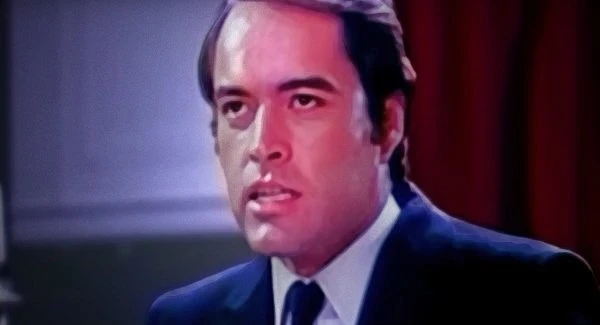
As a result he was very well connected within Left wing circles, especially those that effectively formed the political Establishment in San Francisco, where he was actually appointed Chairman of the Housing Commission. While Guyana Tragedy does mention this, it downplays it a lot. It is probably fair to say that San Francisco was a weird place in the Sixties and Seventies, and the line between the local ruling Establishment and revolutionaries pledged to overthrow it was often blurred. So it was not wholly unusual that Jones should be on good terms with extreme figures like Communist Angela Davis and Black Panther Huey Newton, while at the same time a close political ally of more Establishment figures, notably Mayor George Moscone, Supervisor Harvey Milk, and Assemblyman Willie Brown, the powerful California State Assembly Whip. It so happens that Moscone and Milk were murdered in an apparently unrelated shooting only a few days after the deaths at Jonestown, but Brown went on to become Speaker of the California State Assembly the year Guyana Tragedy was broadcast. He was later to become Mayor of San Francisco himself and a very significant figure in American politics.
The point is that Jones was widely seen as a respectable radical and had a national level public image. He was on at least polite nodding terms with the likes of the then Vice President Walter Mondale and First Lady Rosalynn Carter, even if it should be stressed that there is nothing to suggest they knew anything about the darker side of his operation. Although the full extent of the political influence of Jones and his Temple was still not clear when Guyana Tragedy was made, there is no denying that the script pulled its punches on what was then already known.
Instead the drama switches back and forth between Jones' early years and his last days. This not only relaxes the dramatic tension in both periods but results in the crucial period in between being relatively neglected. The miniseries tries to do too much in too little time, dramatising the beginning, the middle, and the end of Jones' life but none of them satisfactorily.
It still sticks in the mind, thanks mainly to the performances, especially Boothe's, and, it has to be said, the multifaceted character of the real life protagonist, who remains as literally fascinating in death as he evidently was in life - and a warning to us all.
Seen this show? How do you rate it?
Seen this show? How do you rate it?
Published on August 9th, 2024. Written by John Winterson Richards for Television Heaven.


